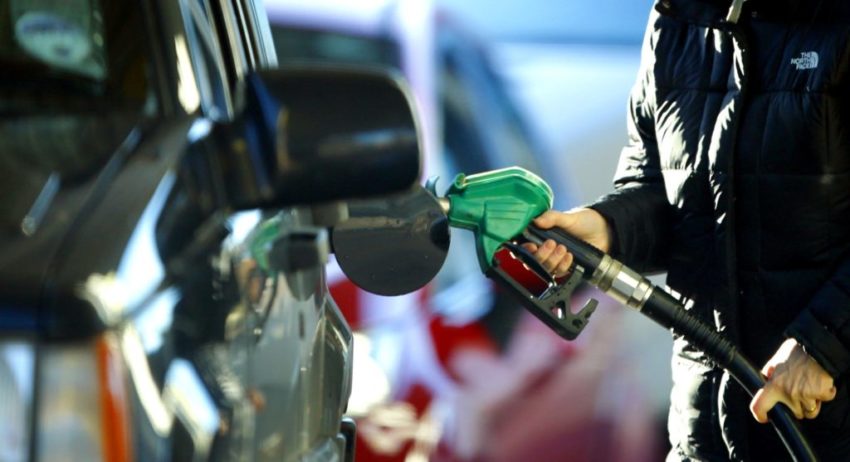The government could ban the sale of petrol and diesel cars in 2032, three years earlier than previously suggested, the transport secretary has said.
A consultation launched last week suggested all cars with internal combustion engines could be banned from 2035 but Grant Shapps told BBC radio on Wednesday the ban could come within 12 years.
The ban would happen by 2035 – or even 2032, subject to consultation, he said.
The comments will add to the concerns of the car industry, which has criticised the government for “moving the goalposts” with its earlier announcement that the limits could come by 2035, from an initial expectation of a 2040 ban.
Mike Hawes, the chief executive of the Society of Motor Manufacturers and Traders (SMMT), said it was a “date without a plan”.
Previous proposals also excluded some hybrid cars, which combine internal combustion engines with battery electric power.
Hybrids are seen by carmakers as a key way of reducing the carbon footprint of their vehicles, and multiple companies such as Toyota and the Mercedes-Benz owner, Daimler, have bet heavily on hybrids to avoid steep EU fines.
Shapps and Andrea Leadsom, the business secretary, will meet the SMMT on Thursday, with the lobby group hoping to persuade the government that the industry will need more help to achieve the targets.
Among the main concerns for carmakers are incentives such as grants for electric cars as well as building national infrastructure capable of charging millions of vehicles.
During the third quarter of 2019, the Department for Transport recorded 22,596 registrations of ultra-low emission vehicles, which includes electric cars – 39% more than the same period in the previous year. However, that still represented only 3.1% of new car registrations during the period.
European manufacturers are launching a wave of electric-only models to try to reduce the emissions of the cars they sell and meet the EU targets. Volkswagen, the world’s largest carmaker by volume, plans to sell 1m electric cars by the end of 2023.


